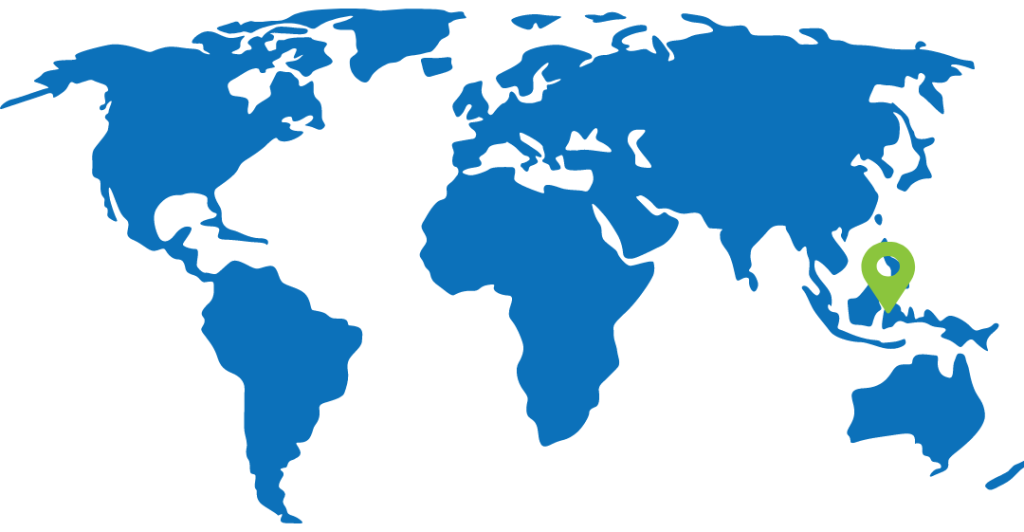The Indonesian Ministry of Communication and Digital has issued Ministerial Decree No. 204 of 2025, introducing technical standards for 5G telecommunications equipment operating under the International Mobile Telecommunications-2020 (IMT-2020) framework. This regulation applies to both subscriber and base station devices used for Broadband Wireless Access (BWA) and is part of Indonesia’s broader effort to modernize its regulatory structure to support next-generation network deployment.

Scope and Regulatory Mandate
In accordance with Government Regulation No. 46 of 2021 on Post, Telecommunications, and Broadcasting, all telecommunications devices that are manufactured, imported, assembled, marketed, or used within Indonesia must comply with established technical standards. The new decree formalizes the technical benchmarks that BWA 5G equipment must meet, ensuring alignment with international norms and enhancing the quality and safety of wireless services nationwide.
The regulation covers two main device types:
Subscriber Stations (SS), used by end-users to access wireless broadband services
Base Stations (BS), which provide connectivity and manage communication between subscriber devices
Mandatory Technical Requirements
To demonstrate compliance, devices must obtain certification under the country’s established telecom equipment approval framework. Key requirements include:
Use of the 1432 to 1517 MHz frequency band with Time Division Duplex (TDD) mode
Strict power supply parameters, including prohibition of battery operation for subscriber units
Adherence to safety standards such as SNI IEC 62368-1:2014 and SNI IEC 60950-1:2016
EMC compliance per SNI CISPR 32:2015 and corresponding ETSI standards
Compliance with 5G-specific performance and emission parameters based on ETSI TS 138 series standards
Subscriber stations must be used indoors only and must feature non-removable, integrated antennas. Both types of equipment must also meet stringent thresholds for spurious emissions, adjacent channel leakage, and blocking resistance to ensure proper spectrum use and minimal interference.
Future Expansion and Supplementary Standards
The regulation highlights that certain parameters specifically related to electromagnetic immunity and non-ionizing radiation exposure will be addressed in forthcoming decrees. These aspects are essential for a full spectrum of regulatory oversight and are expected to be enforced as part of Indonesia’s evolving compliance infrastructure.
Operator and Vendor Responsibilities
Telecom operators using the 1.4 GHz band must coordinate closely with vendors to ensure declared antenna gain values are adhered to. This ensures that radiated power does not exceed the operational spurious emission limits specified in the regulation. The regulation also introduces deployment classes for base stations (macro, micro, pico cells), each with minimum coupling loss standards to prevent interference across different network scenarios.
By standardizing 5G BWA equipment requirements, Indonesia aims to foster safer, more reliable, and spectrum-efficient wireless broadband services as it transitions into a 5G-connected future.
For this article’s source information and any product certification guidance, please contact Global Validity.
Quick Country Facts
Indonesia
Certification Body:
- Previous Name: Direktorat Jenderal Sumber Daya dan Perangkat Pos dan Informatika Republik Indonesia (SDPPI)
- Current Name (As of Jan 2025): DJID (Direktorat Jenderal Infrastruktur Digital)
- Learn more about the agency name update here
Certification Type: Mandatory
License Validity: 36 Months
Application Language: English
Legal License Holder: Importer
In-Country Testing Requirement: In-Country Testing
The regulatory information above is based on radio type approval certification. Access additional certification requirements in over 200 countries and territories with Global Validity’s free proprietary product certification management software, Access Manager. Learn more about the platform here or fill our quick contact form!
Global Validity is your partner for global certification success
Want to learn more about regulatory compliance and how we can help? Simply fill out the form below and we’ll be in touch!
